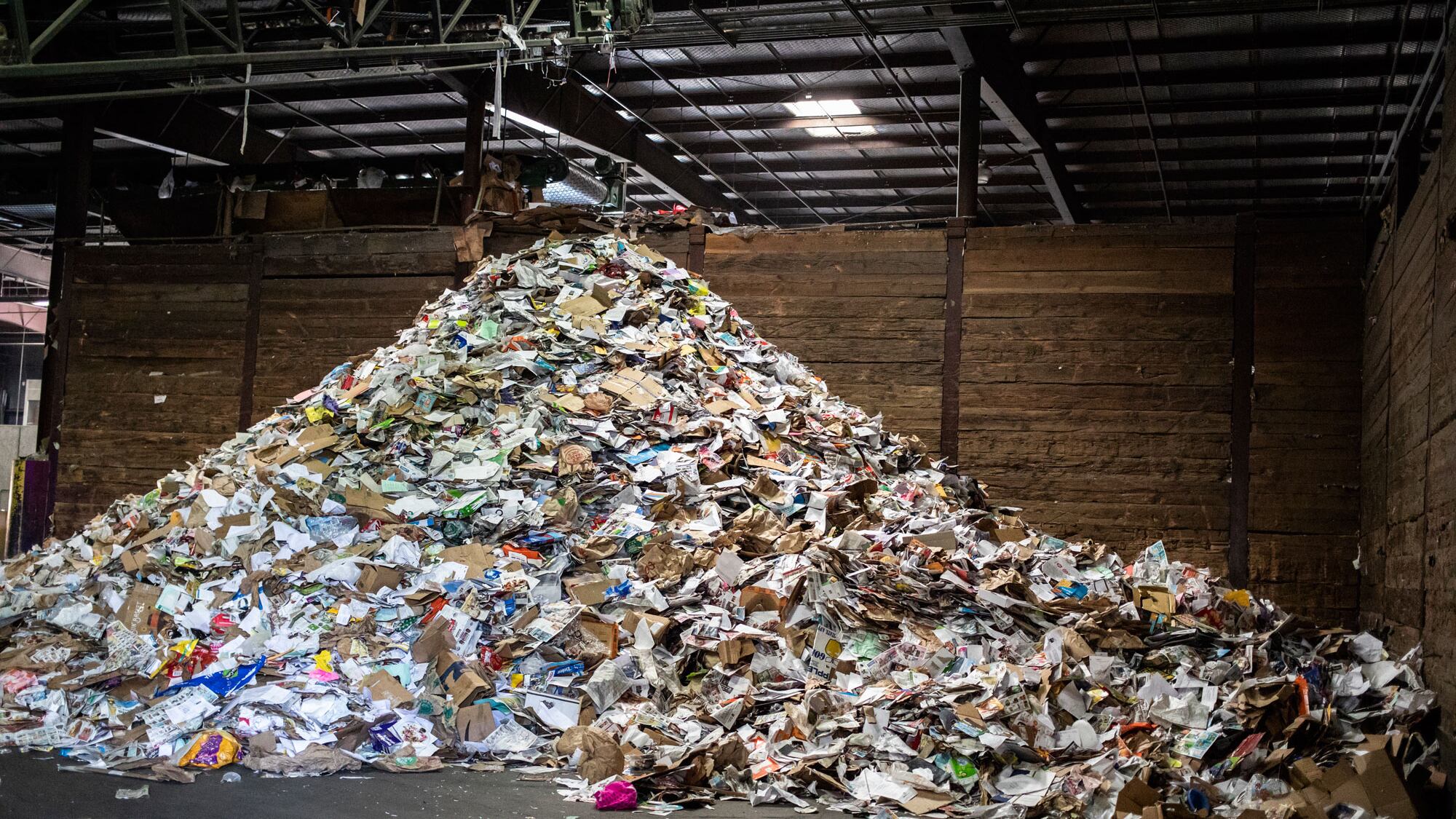Cities across the country are feeling the impact of new Chinese policies that sharply reduced that country's import of recycled materials, particularly plastics.
As WW reported last year, China, which had been by far the world's largest buyer of scrap materials including plastic, paper and metals, abruptly stopped taking most of its historical volume. The change came about, in part, China said, because the shipments it was receiving from the U.S. contained unacceptable levels of contamination—sloppy or inept recyclers throwing wet garbage in blue bins.
Because Oregon has one of the highest recycling rates in the country and is located on the Pacific Ocean—meaning it exported scrap materials directly to China—the new Chinese policy hit us early and hard.
Without China as an outlet, materials Oregonians placed in their curbside recycling bins piled up in materials recovery facilities and some had to be thrown in landfills.
Related: Recycling Is Religion in Portland. But It's in Crisis Because You're Doing It Wrong.
The New York Times reported this weekend the problem has spread across the country. As the costs of handling recycled materials mount, many of them are being burned or thrown in dumps.
"Philadelphia is now burning about half of its 1.5 million residents' recycling material in an incinerator that converts waste to energy," the Times reported.
"In Memphis, the international airport still has recycling bins around the terminals, but every collected can, bottle and newspaper is sent to a landfill. And last month, officials in the central Florida city of Deltona faced the reality that, despite their best efforts to recycle, their curbside program was not working and suspended it."
In Oregon, the Department of Environmental Quality began in late 2017 issuing permits for disposal companies to throw recyclables for which there was no demand in landfills. The permits mostly went to companies in rural Oregon, where the cost of collecting and transporting the materials to Portland for export made recycling uneconomical.
DEQ says that since Sept. 1, 2017 it has granted permits for 15,388 tons of recycling to be landfilled. That's about two percent of the material gathered statewide for recylcing in that time, so while our problems are serious, they are not Philadelphia or Memphis-level serious.
The chart below shows that such dumping continues but at a much lower level than a year ago, as Oregon companies find new markets for recyclables.


